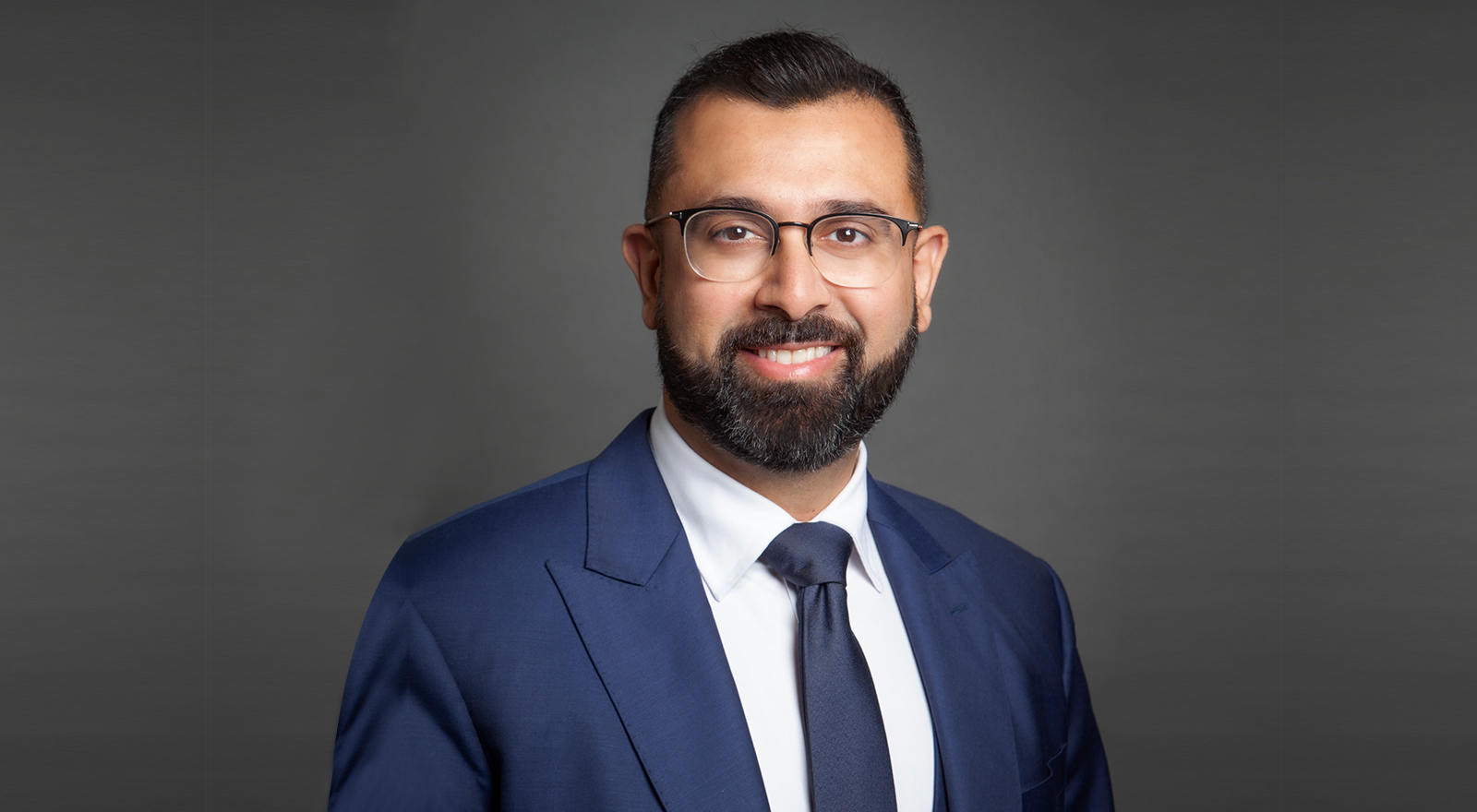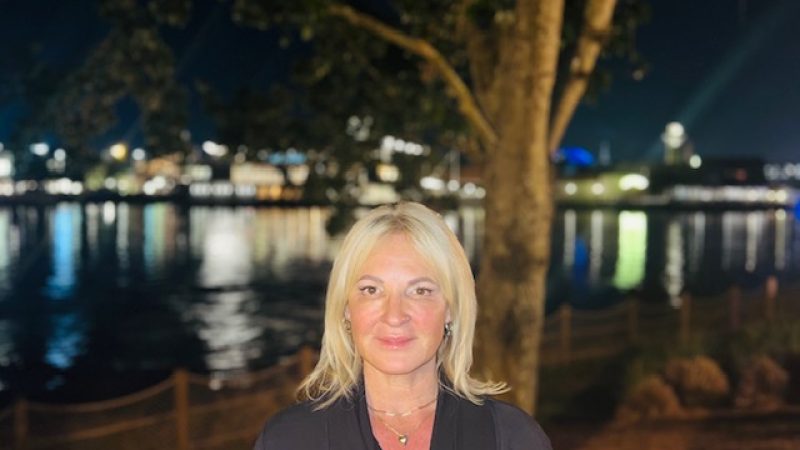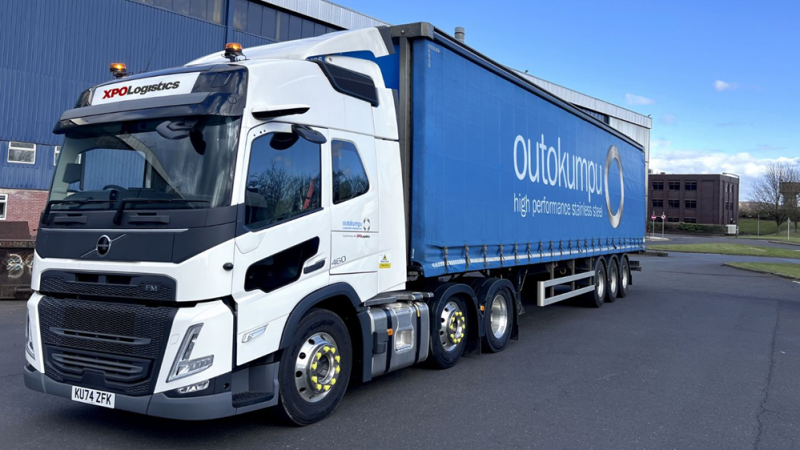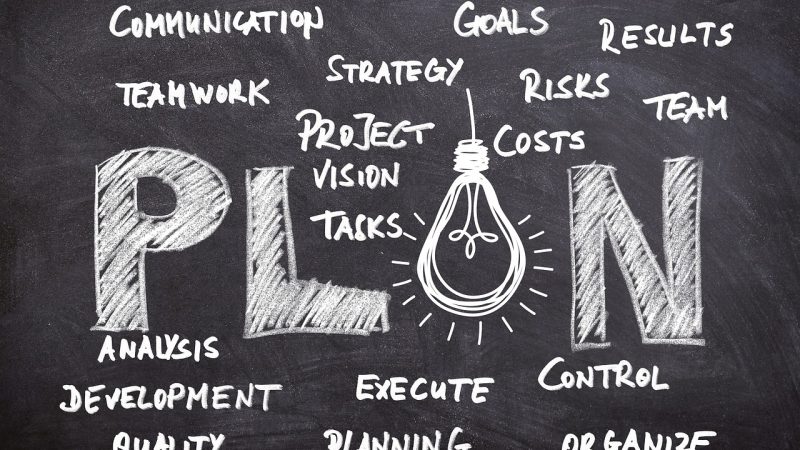Winston Churchill penned this timeless insight: “We make a living by what we get. We make a life by what we give.”
The impulse to improve the world around us has deep roots in history, culture and human psychology. The ability to make a difference is a democratic talent — everyone has it, whether rich or poor, powerful or powerless. But it is frequently those with the most material success who are in a position to do the greatest good, and often feel the greatest obligation to do so.
The material rewards of making a living are finite, and diminishing. Once a successful individual accumulates enough treasure, his or her thoughts may soon turn to making a life — and deepening life’s emotional satisfaction by helping others.
To seek to change the world, we must first believe it can be changed. And “believe” is indeed the key word. Belief is the relentless, optimistic catalyst for the most effective philanthropy.
One of today’s best examples of this is Canadian entrepreneur Shoaib Khan. Early in his career he felt the impulse to share his emerging success. A man of deep faith, he knew that turning a blind eye to the distress and desperation experienced by others wasn’t an option. He resolved to create a charitable foundation, a goal he achieved in 2016. He gave it the perfect name for its mission: Humaniti.
At the launch, the rhetoric matched the ambitious goals. “We are united in this endeavor to etch a positive mark on the fabric of humanity,” Shoaib Khan announced. “Together, we will continue to strive for a world brimming with hope, love and boundless possibilities.”
Along with his kinetic optimism, Shoaib Khan provided a broad array of professional skills that would help ensure the success of the foundation’s programs and initiatives. At the end of the day, philanthropic organizations are measured by their impact. Their effectiveness is largely based on a willingness to focus on goals and outcomes, and the ability to choose proven methods that can bring success to the mission. Shoaib Khan’s keen understanding of business and operational efficiencies enhanced Humaniti’s ability to set high goals, and achieve them.
Charity is most rewarding when it is anchored in our own core beliefs, especially a foundation of faith. It is especially gratifying to know that every charitable act — whether through a formal organization or an individual act of kindness — not only affects the present, but also generations to come. When we help a person, family or community today, we set in motion a series of transformative events, cascading far into the future.
Humaniti’s initiatives focus on empowerment — a gift of skills, resources and educational support that allows individuals to become the stewards of their own destiny. The foundation is also committed to advancing human rights and social justice wherever Humaniti is engaged. Shoaib Khan believes that in fair, equitable societies there is no end to the progress that can be made in education, health care, infrastructure and economic development.
Humaniti works in the trenches, delivering critical support where it is needed, in villages, schools and homes, across national and cultural boundaries. Its work is centered on personal success, providing individuals the resources and skills to rise above circumstances and lift up their own families, communities and societies.
There are many foundations doing important work on a global scale. Some of these foundations have been established by large institutions, and are bolstered by generations of endowments. Some are leaner organizations with a clear focus on a particular need or region. And some, like Humaniti, are powered by the sheer idealism of one family or individual. Small but dynamic, they are quietly changing the world around us — transforming despair into hope, promise and opportunity.






